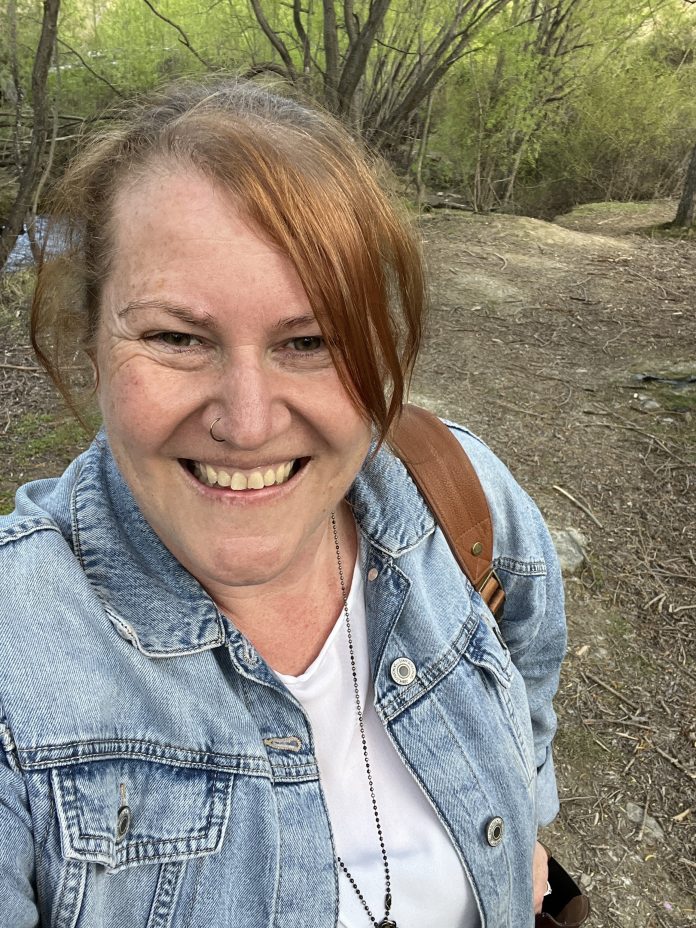Back in July I embarked on a health challenge — to follow fitness and nutrition coach Amy Ede’s 12 Week Body Reset Transformation Programme and write about it.
To be honest, I was nervous.
It is one thing to do a health challenge, it is a whole other ball game to share it with the world.
I have shared before. I have a number of health — and life — challenges that meant this was not going to be easy.
I was convinced that while I believed the programme would work for other people, it would probably not work for me.
But I wanted to gain back some control in what had become a seemingly out-of-control life.
So I took a chance — and I am so glad I did.
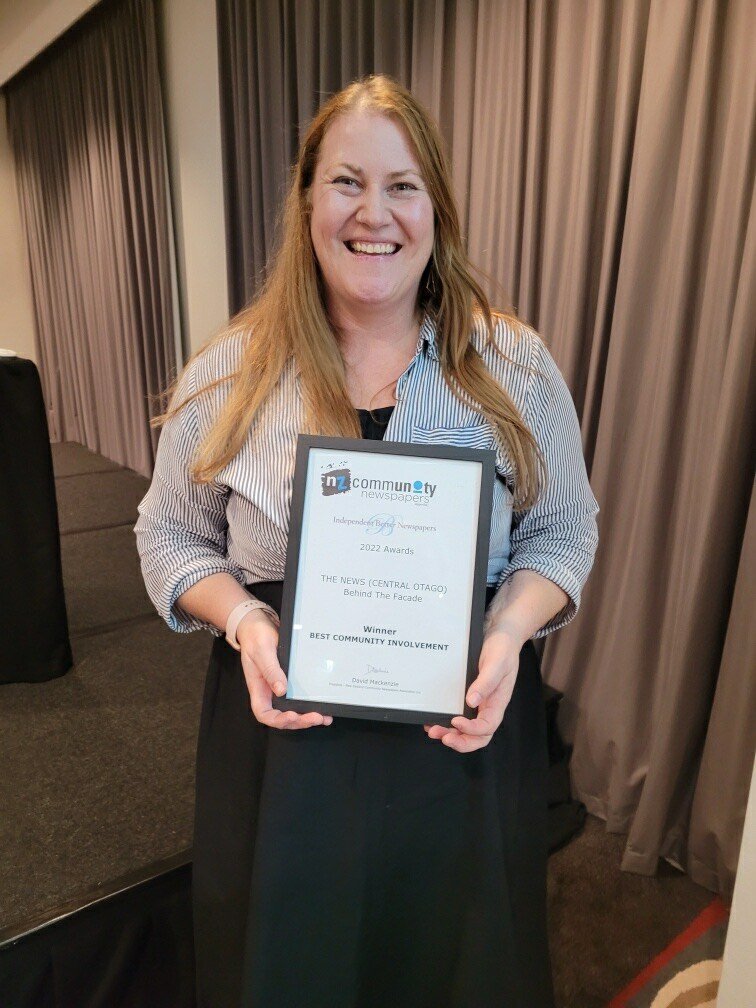
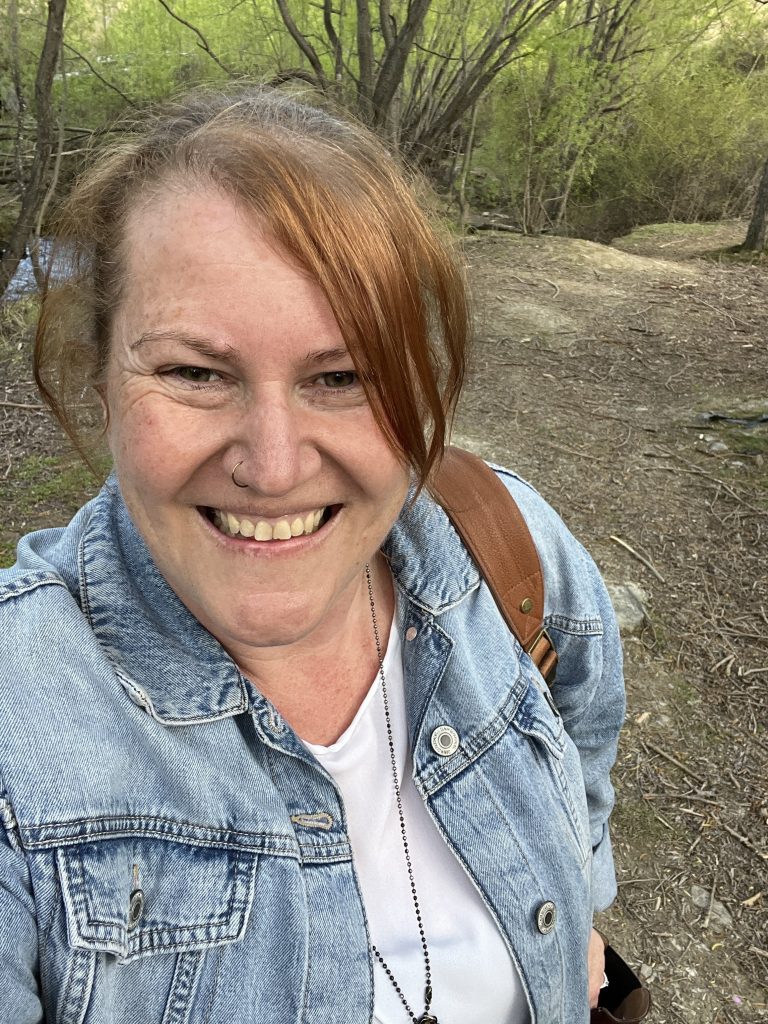
Twelve weeks on, I am well on the way to making a significant lifestyle change. I did not want this to just be a three-month diet — I needed something that was sustainable and I could continue on with.
I am 10.1kg and 31.5cm down and can see and feel the difference.
But it is more than just the numbers.
The inflammation and pain that was a major part of life is significantly reduced, my skin looks better, I sleep at night and haven’t had a migraine in more than two months.
I have more energy and have found myself feeling more confident, and willing to try things I would normally shy away from. (On Sunday I am kayaking the length of Lake Dunstan for the Lions Cancer Trust – what the heck!)
The journey to get here was shaky at times. Making a major life change is not a linear journey — there are plenty of ups and downs and there is still quite a way to go.
But I’m up for it.
As I said, this is a change for life, not the short term.
So a bit of a quick run-down of my experience.
The programme included a weekly meal plan, which I found really helpful. I would do a shop on a Sunday or Monday night and then prep lunch foods and snacks to take to work. Towards the end I was mixing and matching meals based on what I had in the cupboard and how I was feeling.
The meals focused on having high protein and fat, and cutting out sugar. I got pretty good at reading labels and working out the percentage of sugar in different items — it was truly shocking to see food marketed as healthy being 50% sugar or more.
I was worried about my budget and how much this change was going to cost — I am splitting my time between working in Central and my family in Dunedin, so spending lots is not an option.
While it appeared to cost more up front, I was not running out and grabbing extra food throughout the week — plus there was no more Coke and pies when I needed to grab a quick lunch on deadline day, and no more chocolate and licorice when I was stressed (which was most of the time.)
So actually I was saving money.
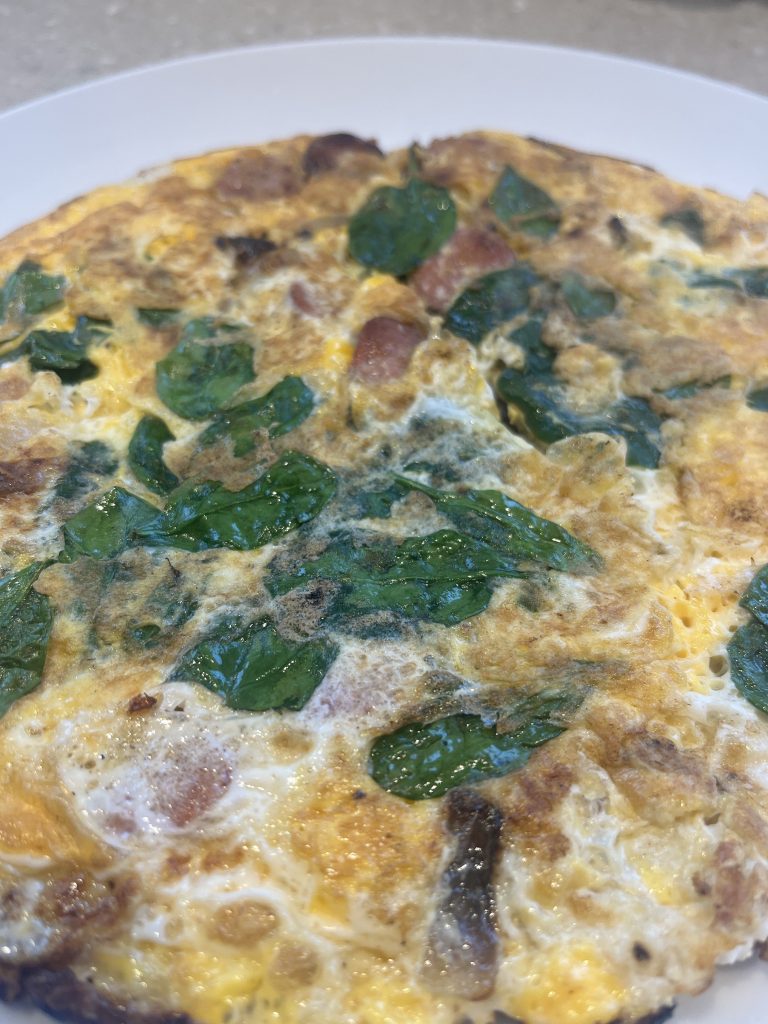
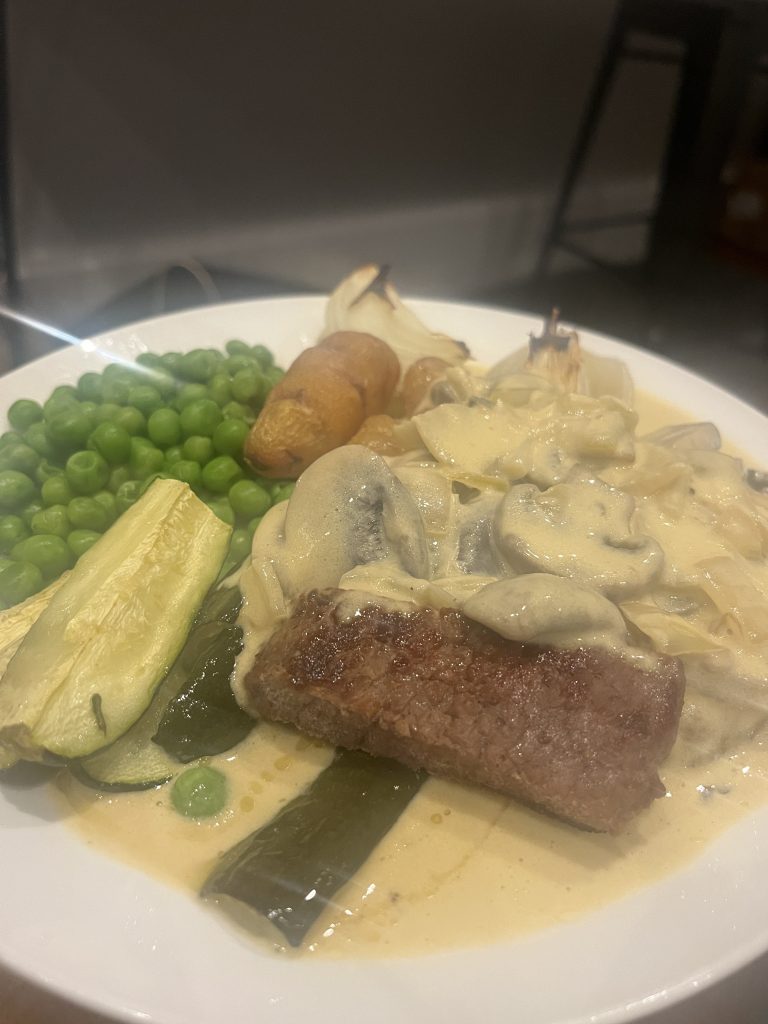
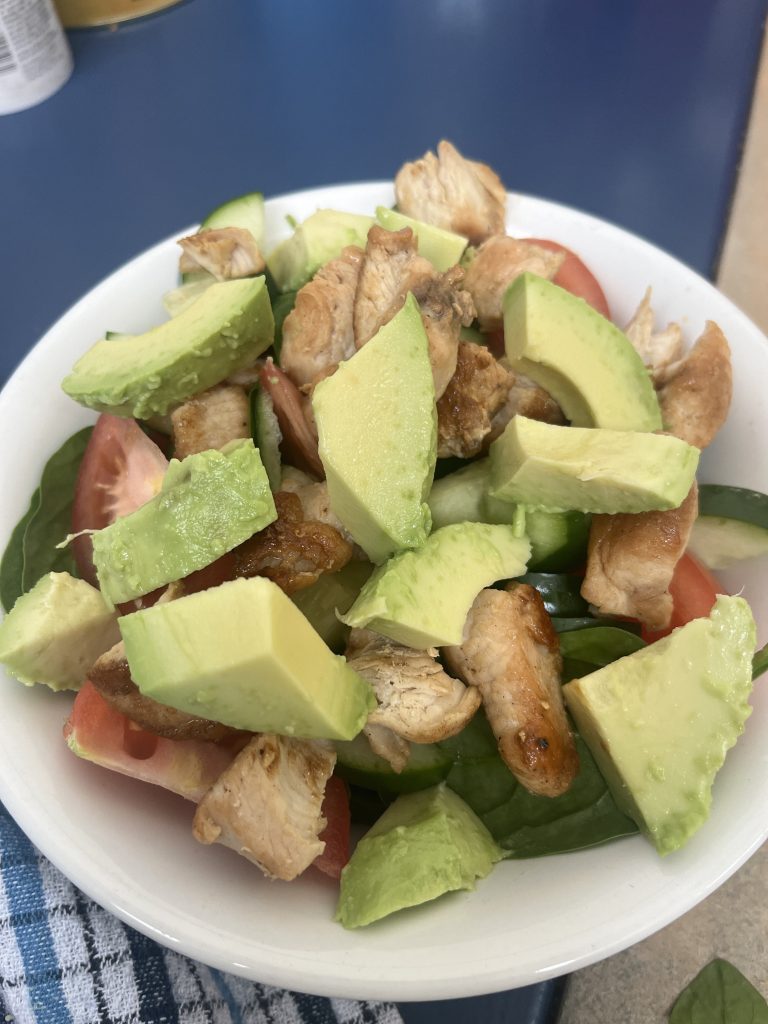

I found cooking meals really therapeutic and created a necessary pause in my day — I would leave work at a reasonable hour (for me) to go home to cook dinner.
That will surprise anyone who knows me well — I’m known as someone who doesn’t cook. Not because I can’t cook but because my family have a much better chance of being fed (at a reasonable hour) if my husband is in charge of dinner.
Now the three months is up I am not following the plan to the letter, but am using the knowledge and principles I learned to continue making good choices.
I refer back to the programme often for meal ideas, recipes and just to remind me of the tips I learned to help keep me on track, but am feeling pretty well equipped to continue and make this the new normal for me
Game changers
For creating a healthy change
Start small — You don’t have to make all the changes at once. Pick one and start from there. , Meal prep — Plan and prep your meals, particularly for during the day when at work. You can guarantee the days I did not prep food were the times I was more likely to fall off the wagon and make bad choices. Have some go-to’s in mind for when you get caught out so if you have to grab something on the run, you know what the good options are.
Track your meals — Keeping track of what you eat keeps you accountable. I would photograph my meals and send a pic to Amy. She was able to give me feedback if needed (too many carbs creeping back in, etc).
Get back on track — It’s OK to slip up — just don’t write off the rest of the day, week, month, year or life. One meal or snack outside of the plan is not the end of the world. Just get back on track with the next one.
Get your head in the game — So much of making a change is in your mind. The hardest part of going to the gym is the mental gymnastics of getting out of bed to go. Listen to podcasts, and read books that are going to encourage, challenge and inspire you.
Read Amy’s perspective on how Shannon did

